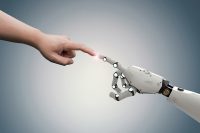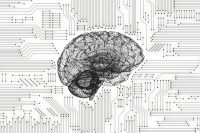What Not to Do When Using AI for L&D
There’s no doubt that artificial intelligence (AI) will have a significant impact on the learning and development (L&D) industry for many years to come. However, as you navigate how to effectively utilize AI at your organization for your L&D initiatives, here are a few things you’ll want to make sure you don’t do.











